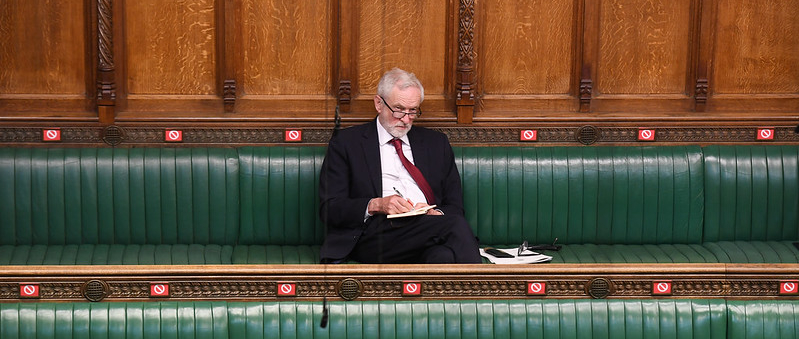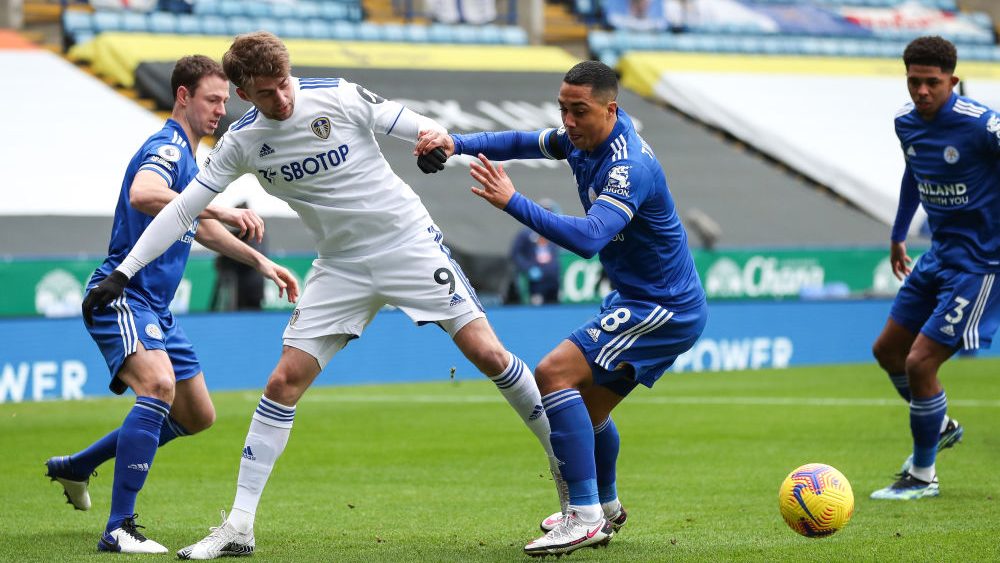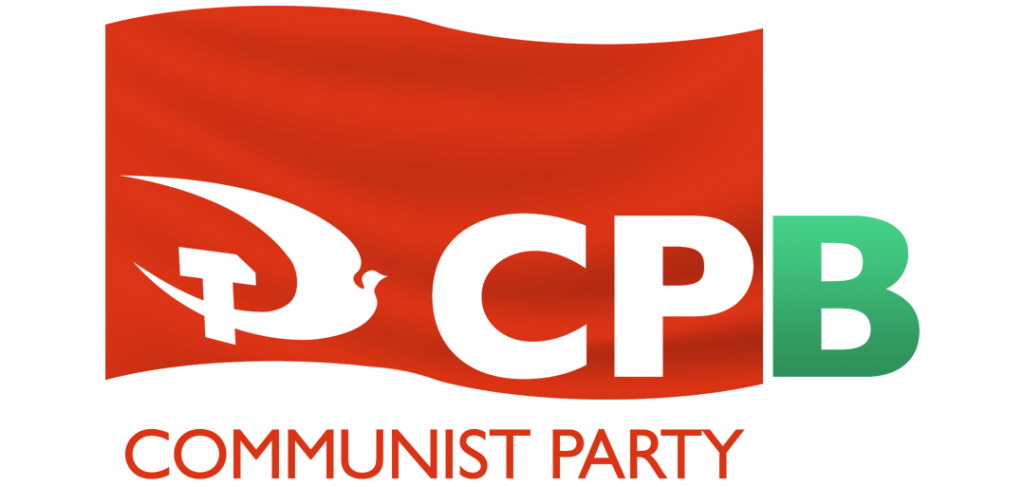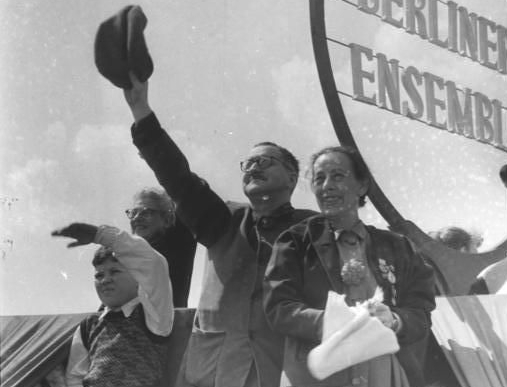Stalin, “Totalitarianism”, and kebab: a response to CBC’s Chris Brown

Brown’s attempts to conflate socialism and fascism under the umbrella of “totalitarianism” are hardly anything original. Rather, they place him in a shameful tradition of historical revisionism amongst some of the most infamous bourgeois academics and other ruling class mouthpieces.
Premier League recap

We are back in the thick of another midweek fixture list with another five games taking place overnight. Plenty of teams playing to get themselves back in winning ways from the weekend and, with the games coming thick and fast and the season being the closest we’ve seen in a while, points are more valuable than ever.
Capital refuses to relent as India struggles for funds

British energy company Cairn is set to become the latest in a long list of predatory institutions that drain the Indian people of their resources for profit. A long-running corporate tax case concluded that the Indian government must pay Cairn $1.2 billion in damages after it broke the 2014 UK-India bilateral investment treaty by claiming Cairn’s 10% stake in its Indian subsidiary.
Communist Party plans biggest electoral campaign since 1983

Last weekend’s Communist Party Executive Committee discussed plans to mount one of its biggest electoral campaigns since the early 1980s. It was reported to the EC that organising meetings have been held across Britain, campaign plans sketched out, artworkers are working on designs and finishing touches are being made to Manifestos for elections in Wales, Scotland and later, for England.
Premier League recap

The hits just keep on coming as we begin another full midweek fixture. Four games to dive into overnight with goals and incidents aplenty including a possible title contender trying to bounce back from a recent slump and a bottom of the table clash that, for the loser, ticks their doomsday clock ever closer to midnight and relegation.
Class struggle is back, but will class politics follow?

Nick Wright argues that despite the disappointing end to the Corbyn era in 2019, the labour movement is not in a weaker place in terms of militancy, membership and motivation — and this can be translated into electoral success once again.
Matchweek 21 Premier League Recap

Just one day removed from all 20 teams playing it out in a full midweek card, we are back to action with an exciting weekend card.
Why LGBT History Month matters

Jamie Perkins explains the history and importance of LGBT History Month and highlights the YCL’s plans including an International Webinar later this month.
Communist Party calls for “unity against monopoly power”

“State support for the capitalist monopolies and their profits is at the root of society’s major problems, including the Tory government’s disastrous handling of the Covid-19 crisis”, Bill Greenshields told a meeting of the Communist Party’s Executive Committee over the weekend. “This approach characterises the whole range of government policies from austerity and privatisation to state subsidies and the woefully inadequate test-and-trace system”, he charged. Mr Greenshields said that Britain’s successful vaccination programme owed most to the role played by public sector investment, the NHS and other public health and education institutions.
Poetry Corner: A Worker Reads History by Bertolt Brecht

A Worker Reads History by Bertolt Brecht.
Bertolt Brecht is an eternal darling of leftist lovers of poetry. As a young man, Brecht discovered Marxism in the process of looking for methods to politicise his artistic aesthetic. Brecht’s work is thus built on historicism and critique of established institutions, as well as the various myths surrounding these institutions.
This artistic methodology of Brecht is best seen in his poem A Worker Reads History. Here, Brecht recounts centuries of historical events, which he exaggerates in order to emphasise the place of the Worker. Brecht shows the historical events as impermanent and transitory, with one constant: mighty buildings and great men change, but cooks and builders remain. The poem contains little description – as most of Brecht’s work, it is intended to alienate the reader and put them outside of the described events so that the reader can adopt a critical attitude.


